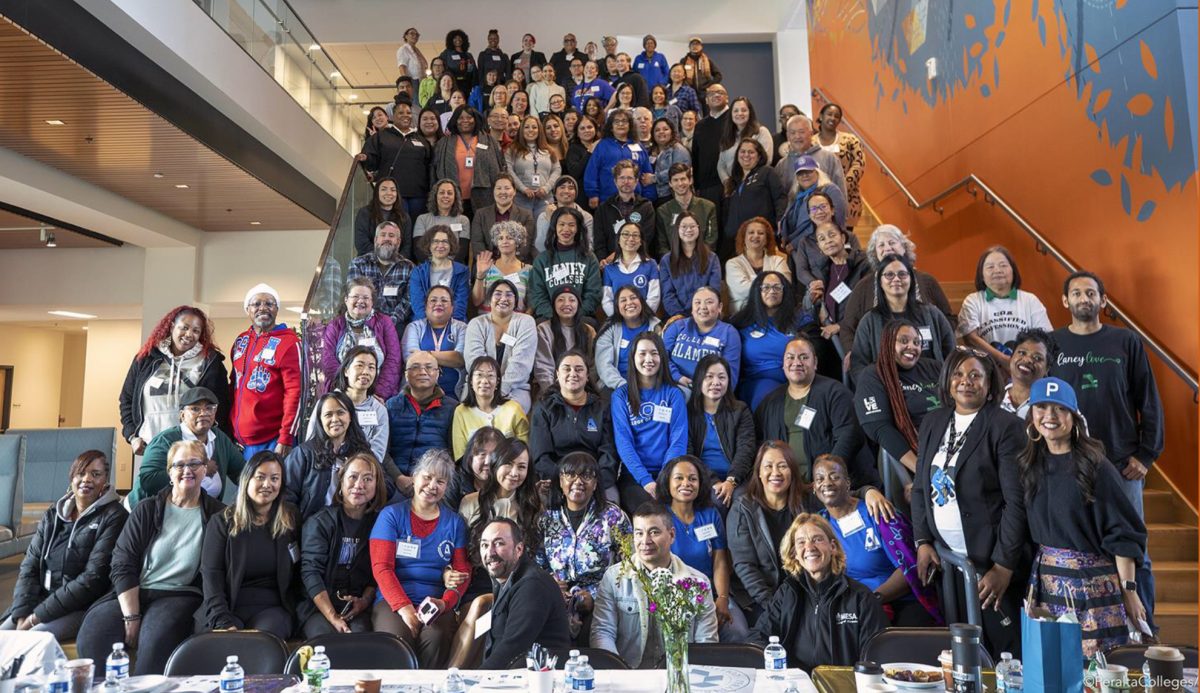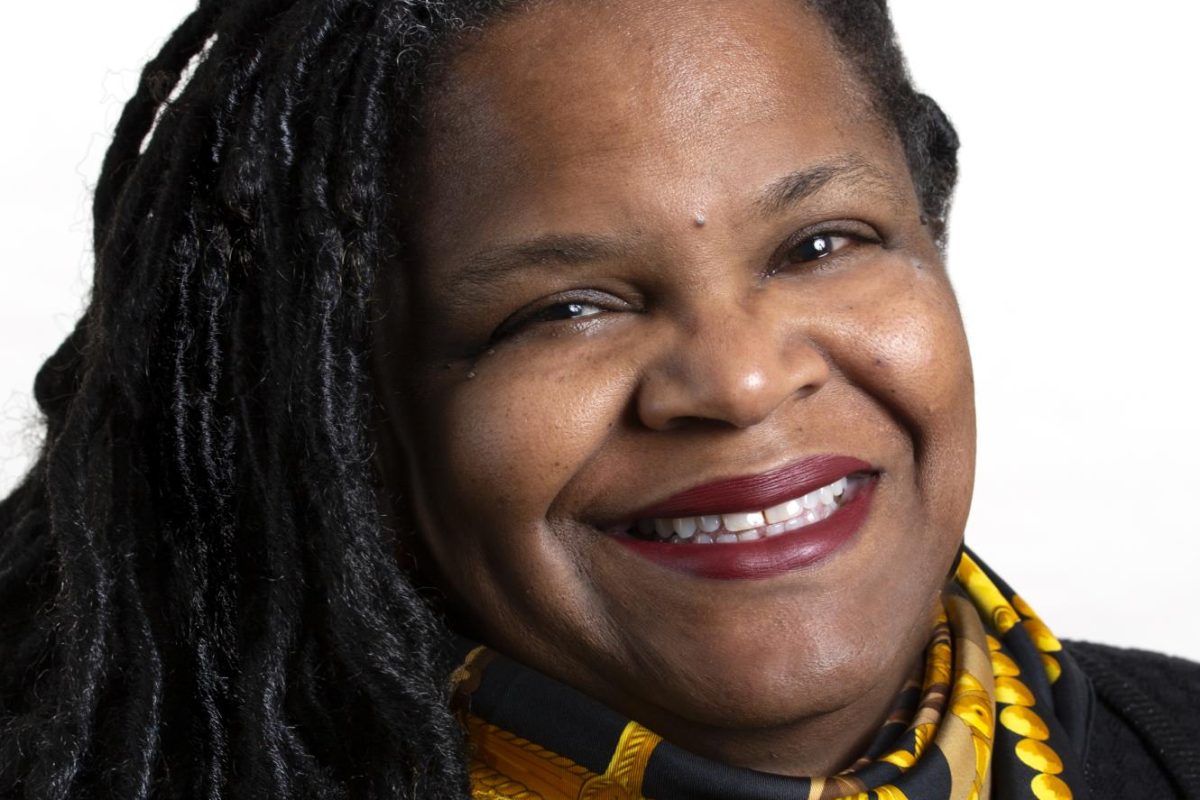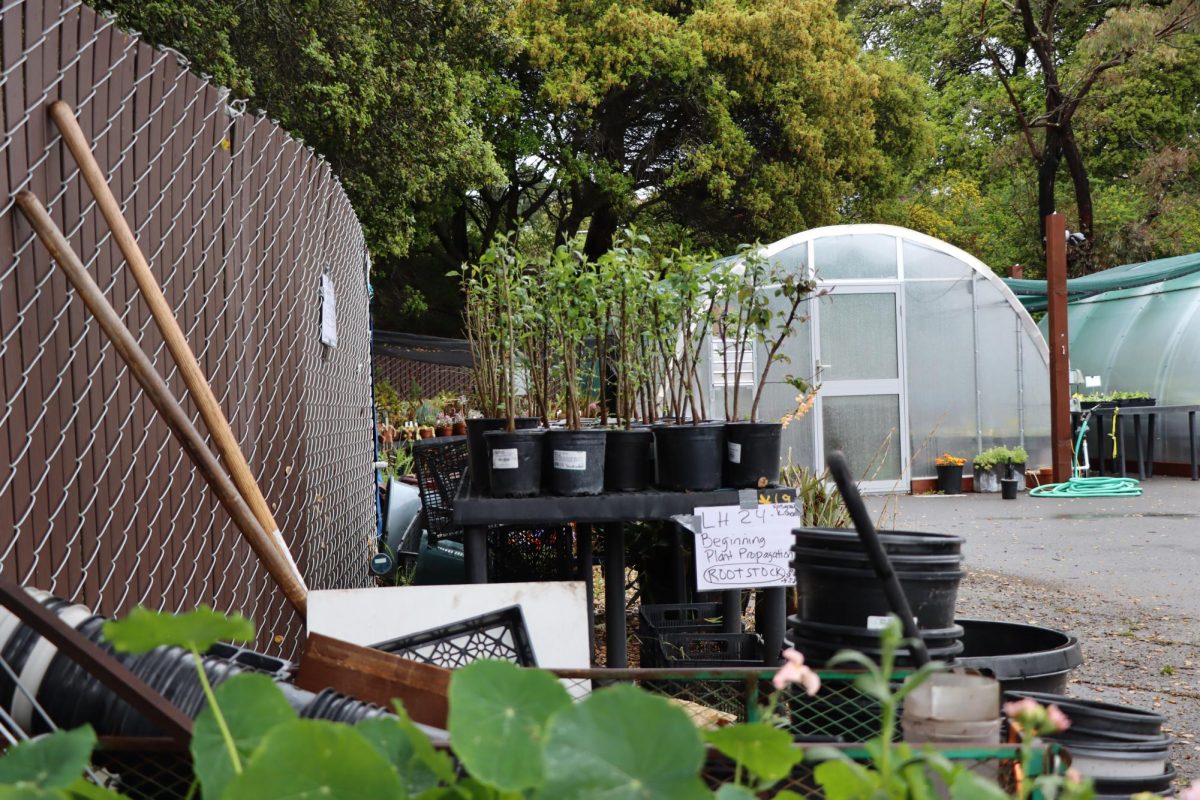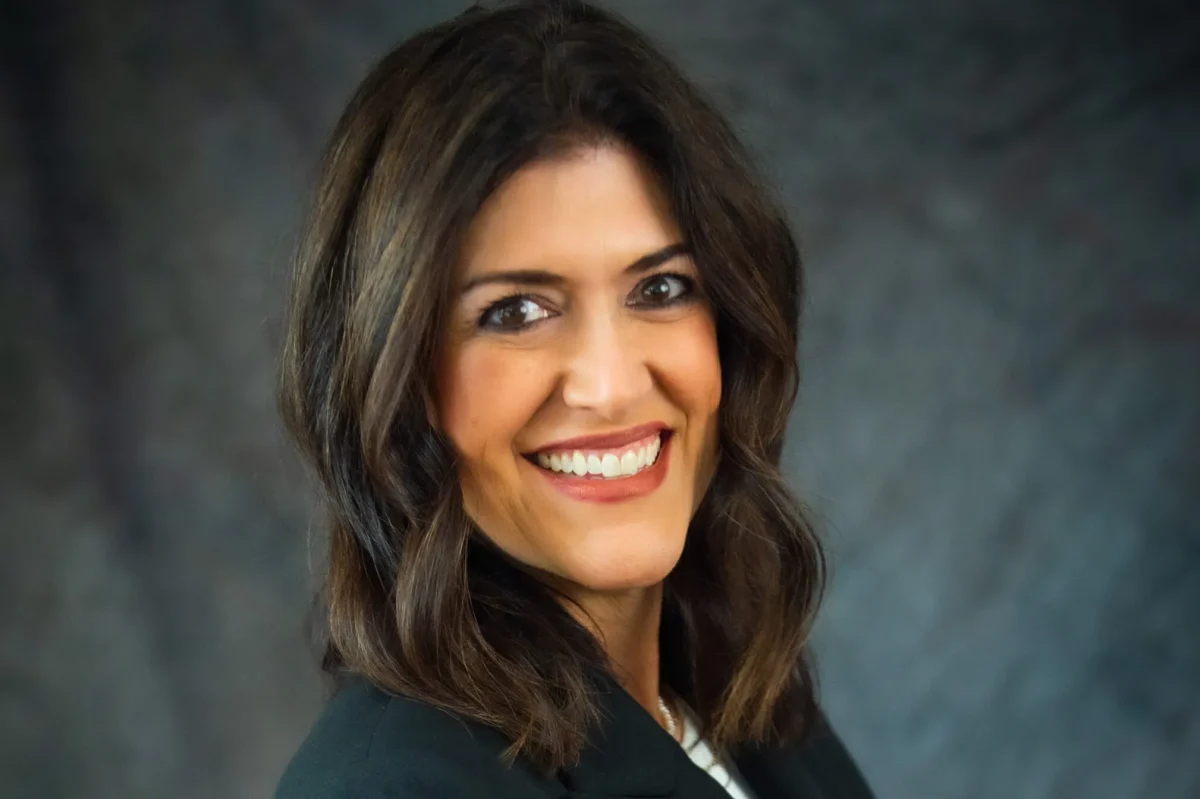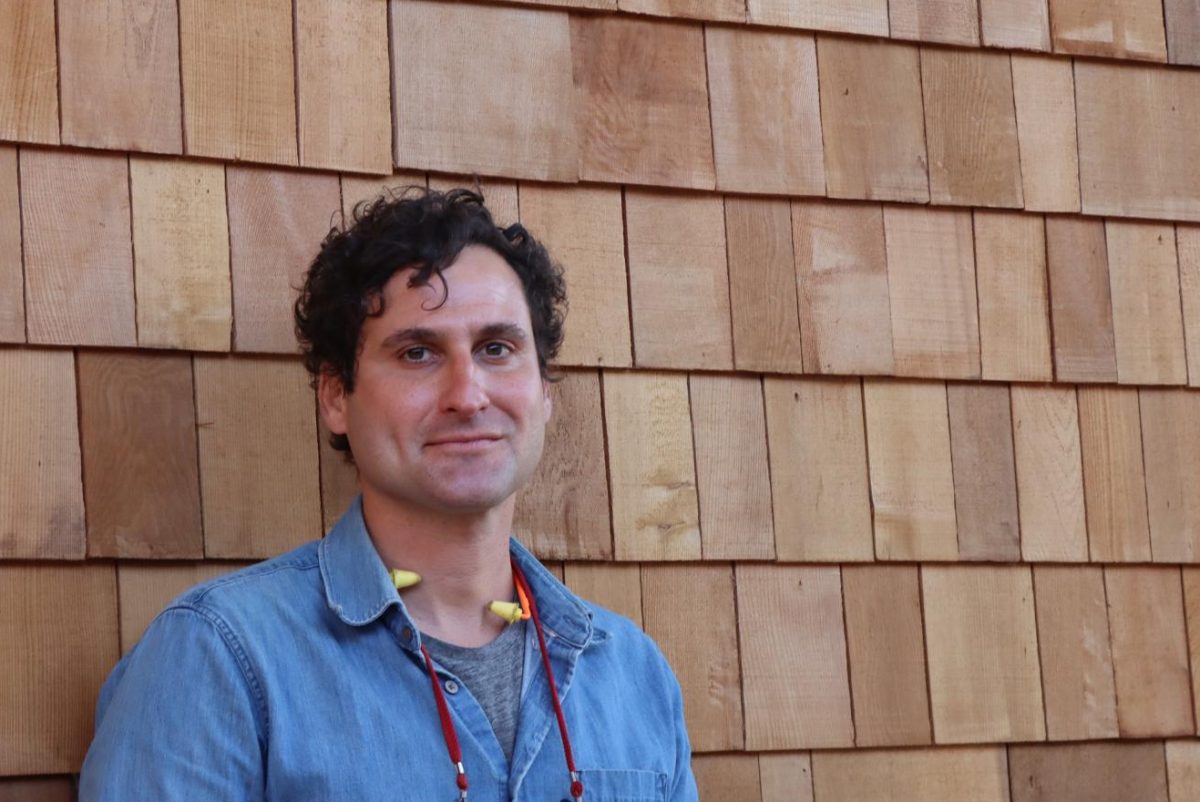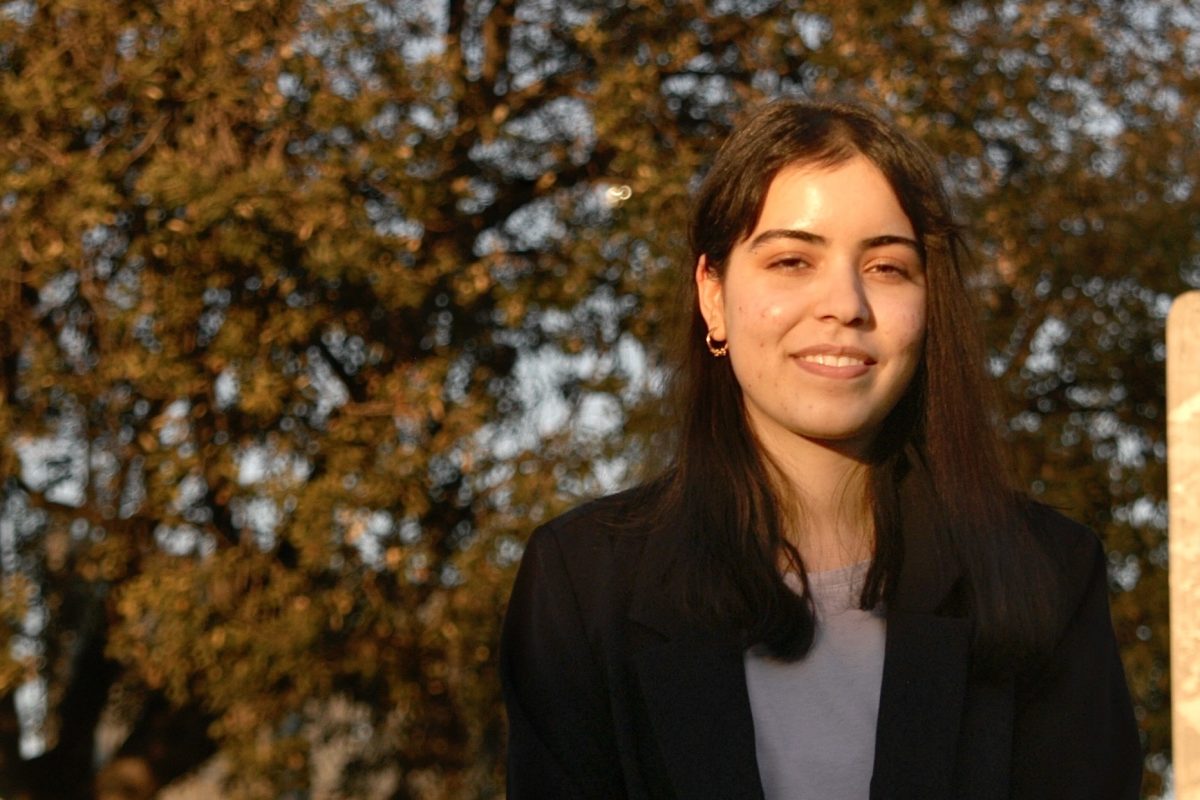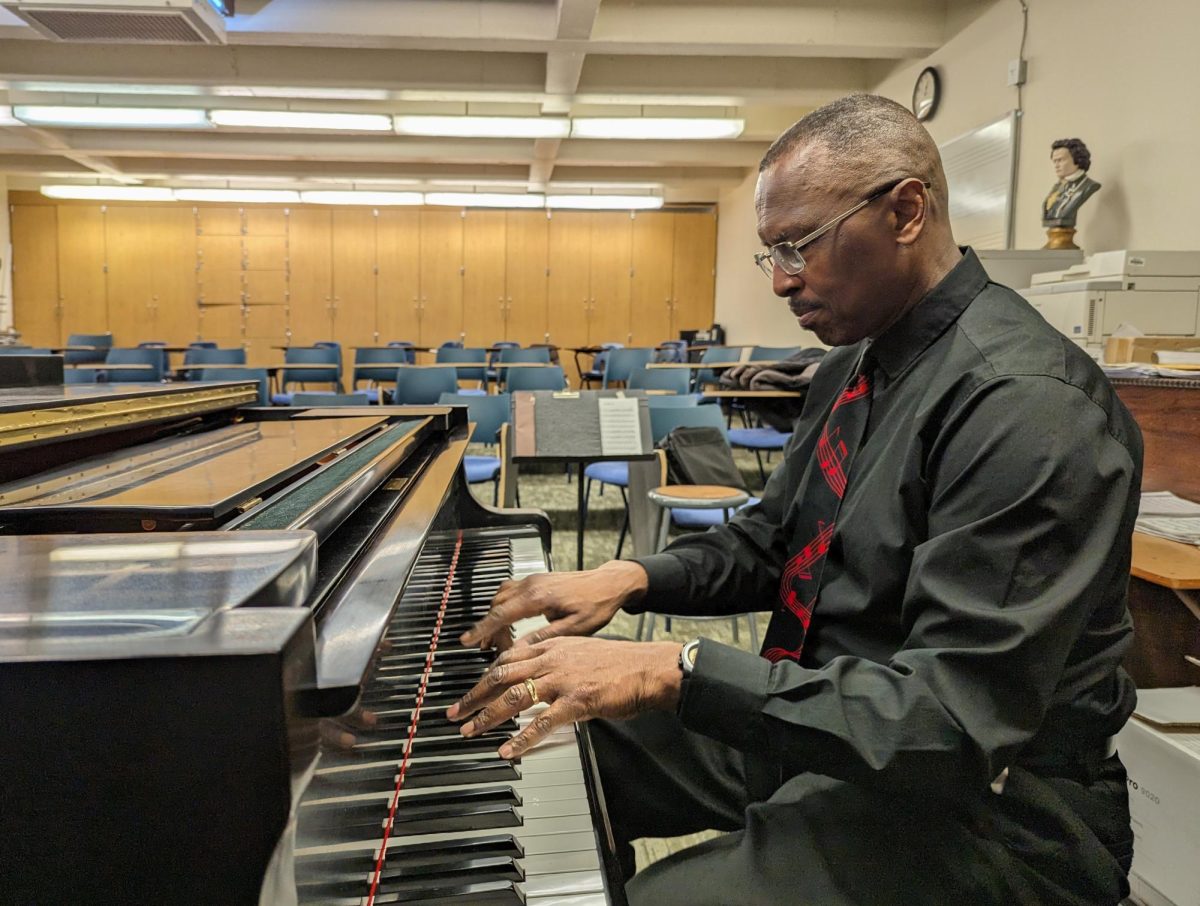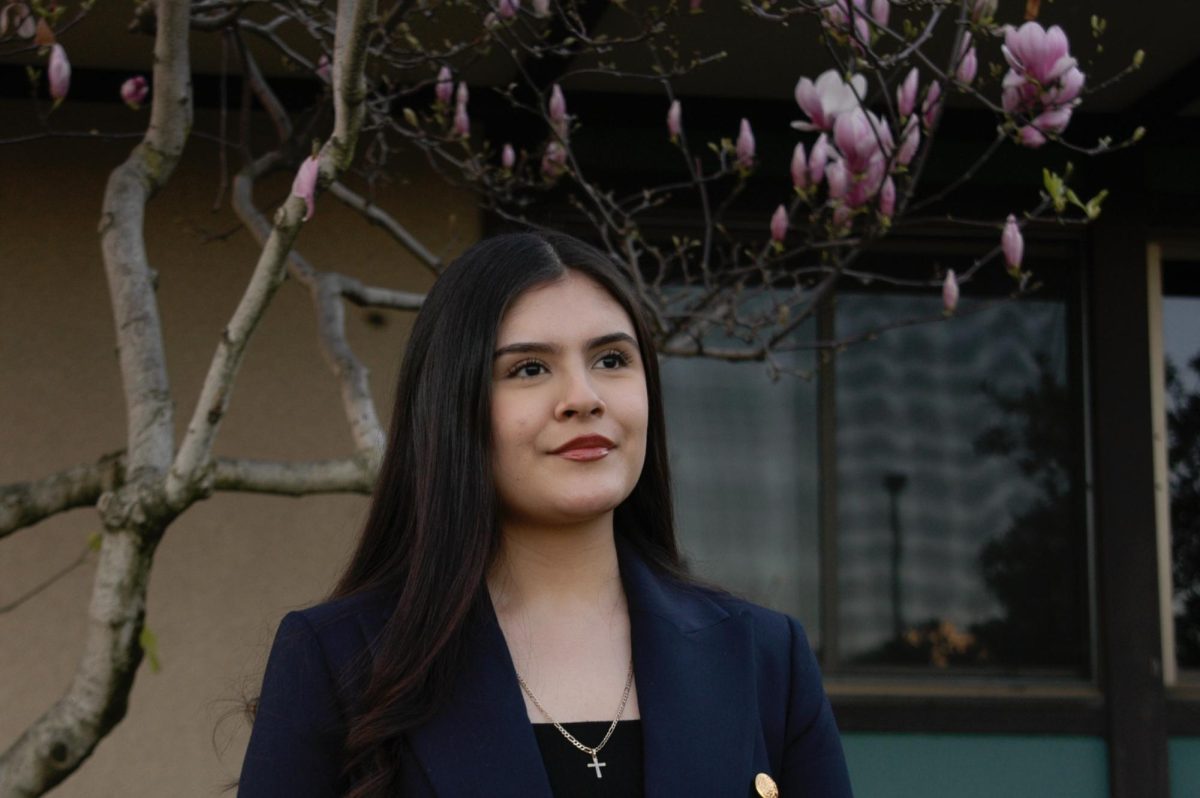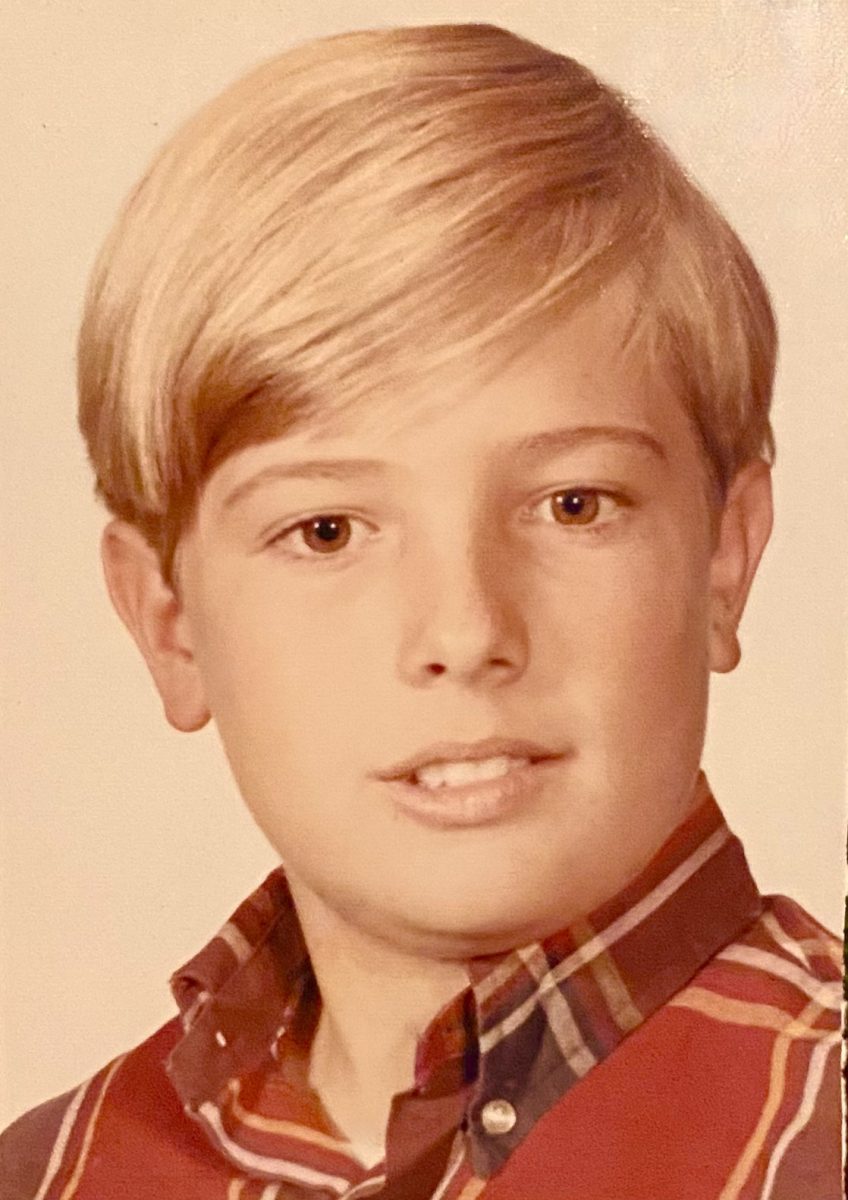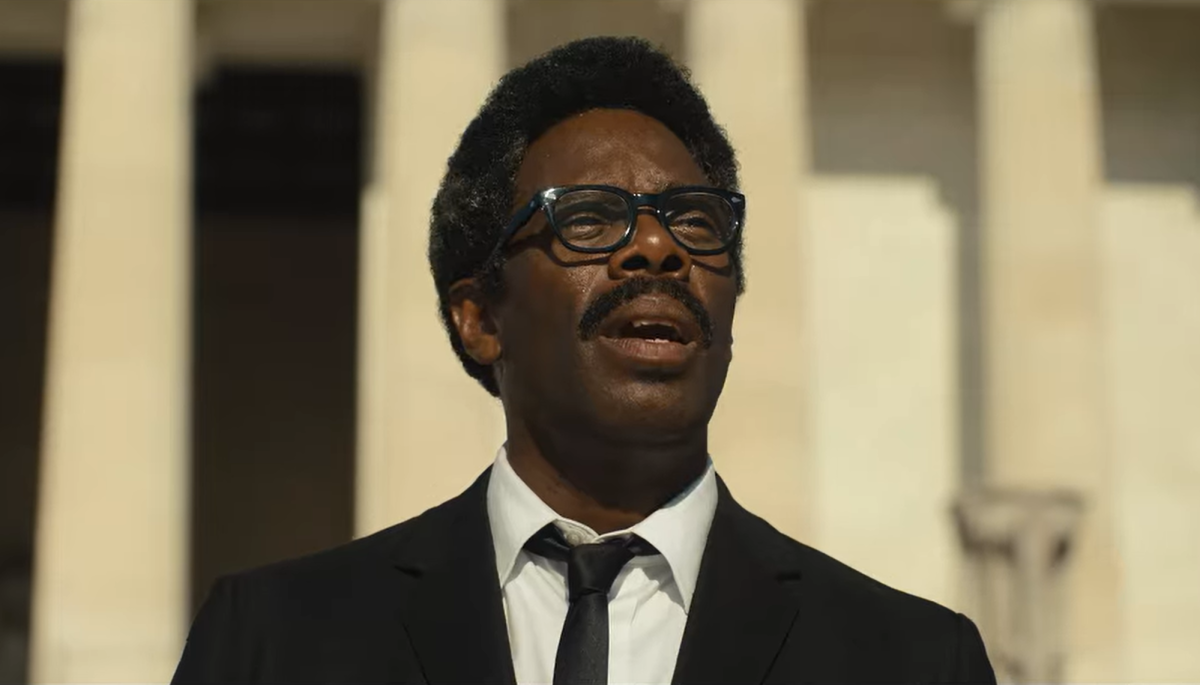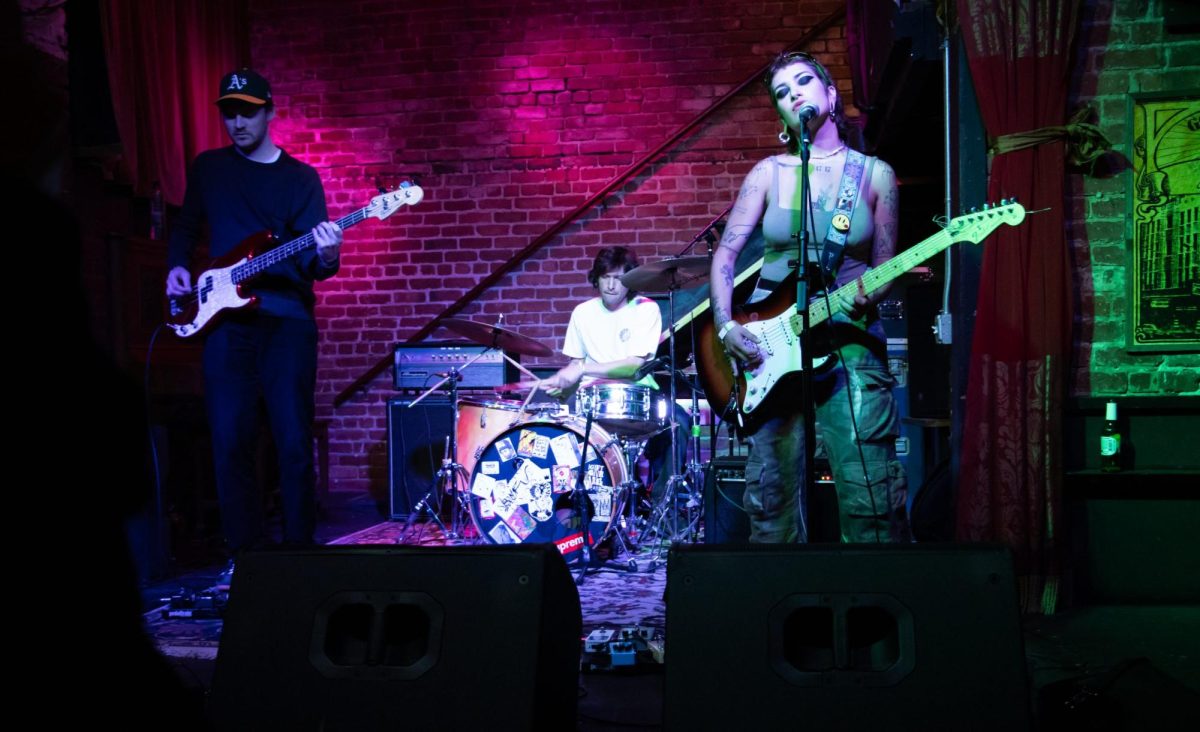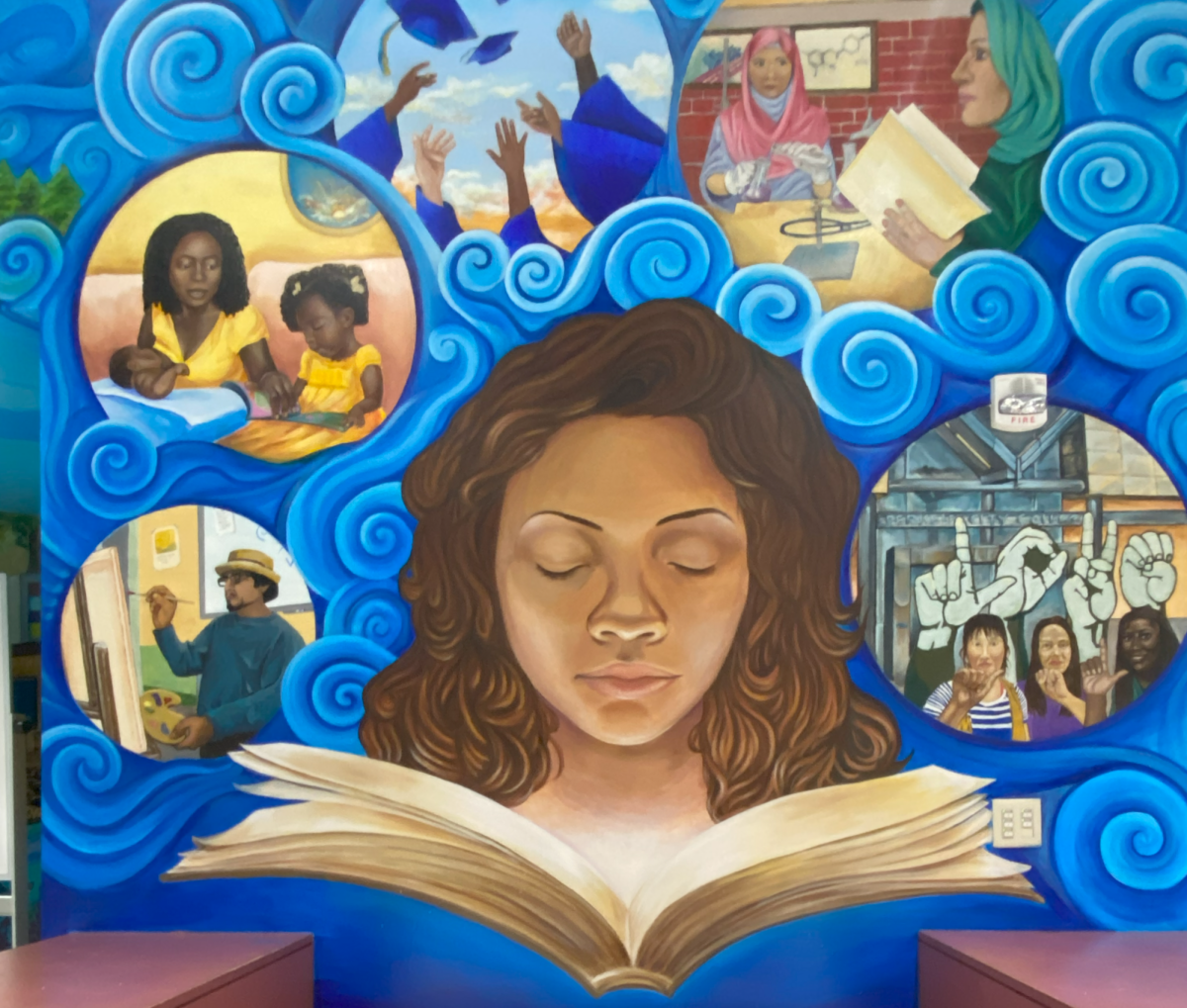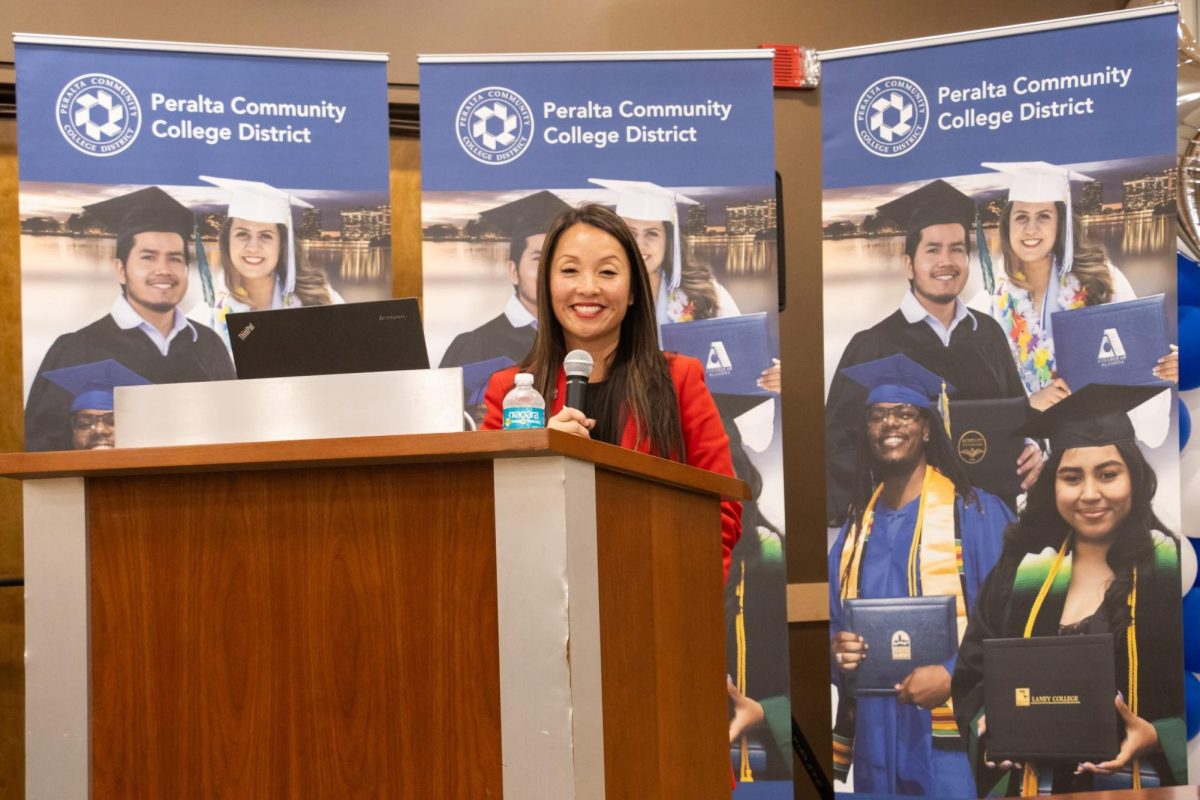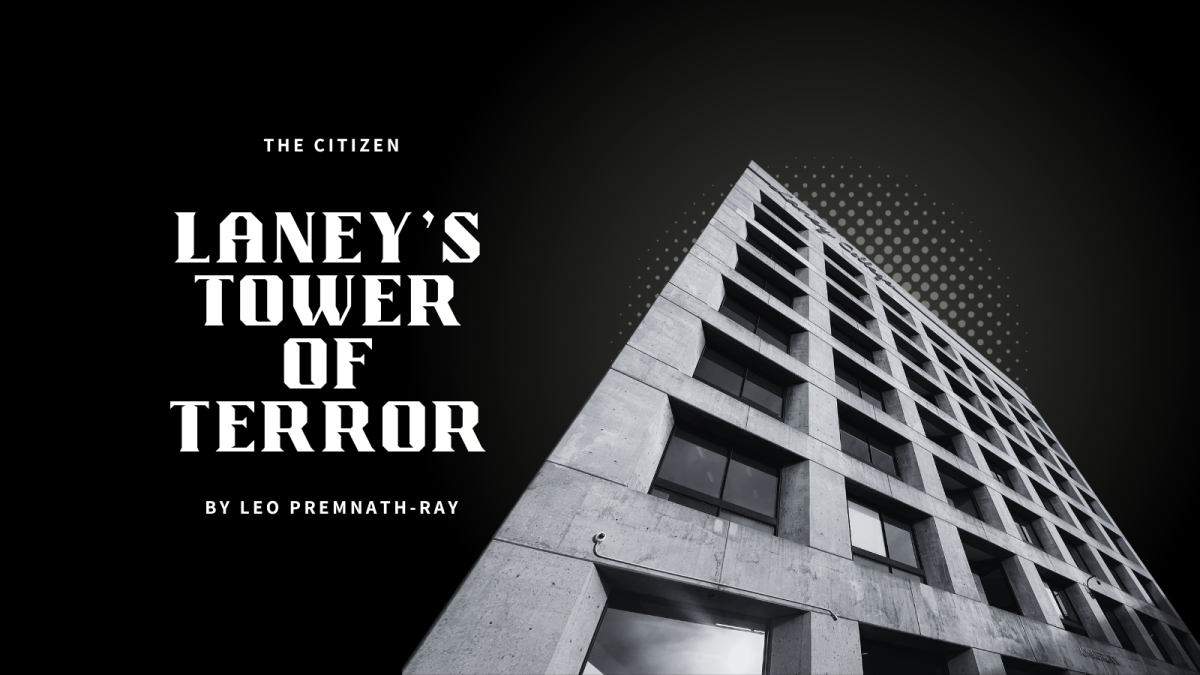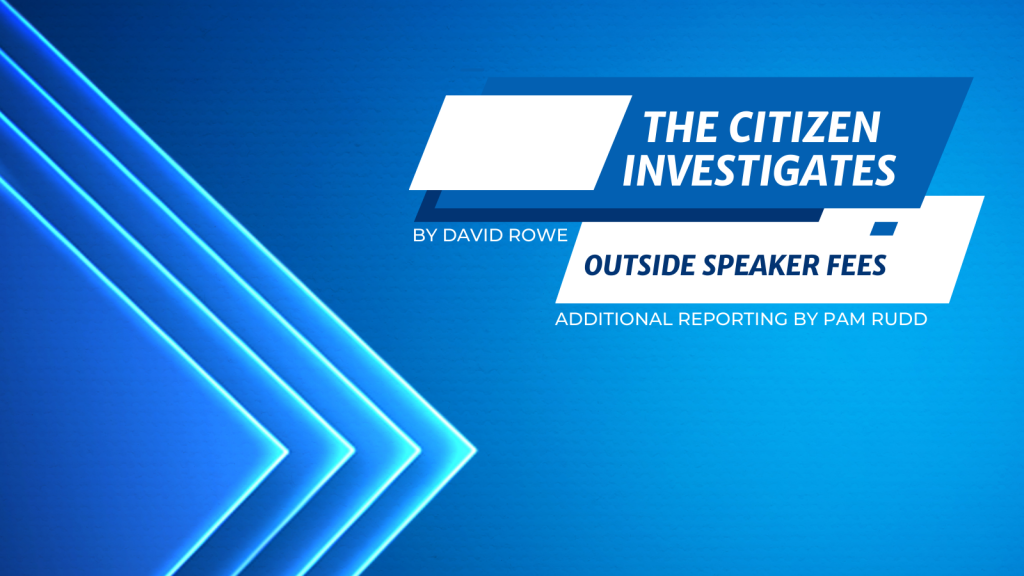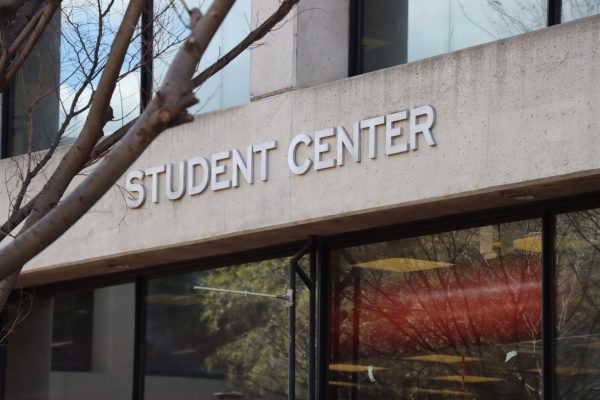By Eva Hannan
Oakland has a new television show — Oakland Council, which combines local news with comedy. Live taping of the first episode took place on Sept. 6 at Studio To Be in Old Oakland, and what I thought would be a solely observational experience quickly turned into a participatory one for everyone there, including me.
High school students in purple t-shirts, who are receiving real-world experience in media through the non-profit program Youth Beat, dotted the studio, working several cameras as well as sound equipment as the taping began.
It turns out that over 400 high school and middle school students receive job training and media arts education for free in at least 10 schools and afterschool programs across Oakland through Youth Beat.
The group working that night is part of the for-hire youth-led production company whose professional-grade equipment is available at a discounted rate, instructor Jake Schoneker explained.
“Youth Beat is dispelling the myth of what Oakland youth are capable of. They get a lot of bad stereotypes — that they’re trouble-makers, gang-bangers or drug dealers,” he said.
The show’s format offered a chance for the students to showcase different abilities. In the opening segment, we audience members were filmed mingling by a student wielding a steady-cam apparatus.
Other cameras were set up on tripods in another room in the studio, and we moved into the audience seating after the introduction. A live band, 1st Amendment, provided transition music.
The show included an informative roundtable discussion about local measures up for vote in the upcoming midterm elections on Nov. 6, as well as live music, guest appearances, and even a puppet show.
Comedy and journalism are to be consistent focuses of the show, writer David Harris told me. Many of the themes confronted in the show are complex and impactful, like funding cuts for after school meal programs, tax-code changes on the upcoming ballot, and “doxing” of professors accused of left-leaning thought.
“The subjects aren’t inherently funny,” co-host Sam Anderson told me, “it’s just that a lot of them are absurd, like kids not getting meals. Nothing about that is funny, but maybe where you find something funny is when you point out how ridiculously absurd it is.”
Anderson and his co-hosts Sarah Carpenter and Raja Weiss mixed news of Oakland corruption, budget cuts, and ballot initiatives with off-the-cuff humor and parody.
A segment entitled “Oops” involved a photo of a partially paved-over sewer grate with interpretive comedy of the perpetrator explaining the mishap to their boss.
An interview with local journalist Brian Howey came next, where Carpenter asked him about his latest investigative journalism piece about doxing, where university professors’ personal information is put online. There they become a target to right-wing extremist groups’ harassment, bullying, and even death threats.
This can happen when an instructor is viewed as “leaning too far to the left” by a student, Howey said, so their lectures are taped, and sometimes edited, as “proof” of their bias.
Personal information such as home address and cell numbers are then published online, where the instructor can be subject to some pretty scary threats on their safety or their family’s well-being.
To illustrate the absurdity of these supposed biases, a puppet show which featured a professor attempting to explain the history of slavery in the U.S. without sounding “too liberal.”
Watching the puppet, flustered and unsure of itself, seemed to point out that the teaching environment gets much harder if anyone on the internet can hold it against you. I felt for the guy, even if it was only a sock.

